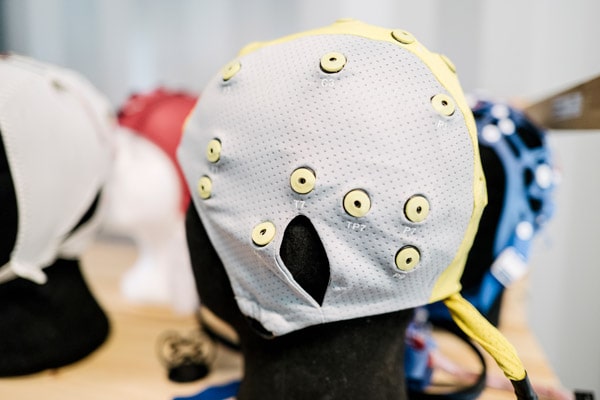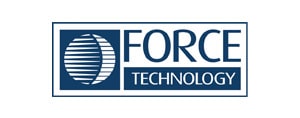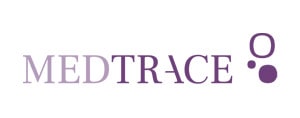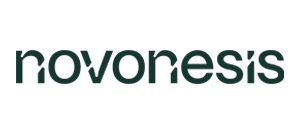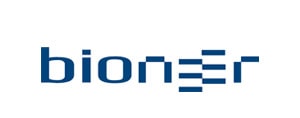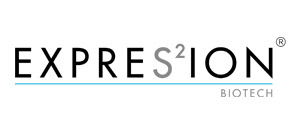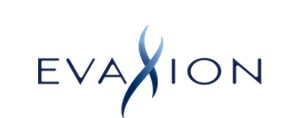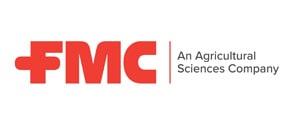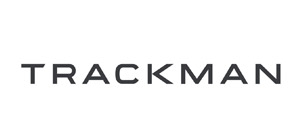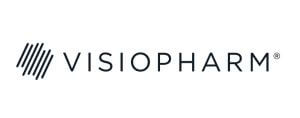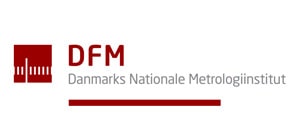DTU Science Park
One of Europe's leading clusters for deep tech companies
We are dedicated to creating a more sustainable daily routine for the companies residing with us. The goal is a DGNB Gold certification in 2025.
Professionals, experts, and administrative staff ensure that DTU Science Park operates daily.
Are you interested in applying for a job with us? Read all about available positions, employee satisfaction, and our visions for a well-functioning daily routine.
We create the space for deep tech innovation
This is the place where new standards are set, and the future is created.
DTU Science Park is one of Europe’s most prominent and leading communities for deep tech companies. We house some of the largest and smallest companies within life science, biotech, medtech, and robotics. We run internationally recognized growth programs for startups and offer companies facilities and services that create optimal conditions for growth.
The company was founded in 1962 with a clear purpose: To help companies bring innovation to life. That was the purpose then, and it still drives us today. Read about our history here.
DTU Science Park is owned by DTU, one of the leading technical universities in the world, and the close connection to DTU enables us to collaborate closely in all areas of deep tech.
We offer the best surroundings and facilities for ambitious deep tech companies, both Danish and international. We have an energetic and open community where we work closely with the over 300 companies that call us home. We take responsibility for creating the right connections providing deep tech companies with the best conditions to grow and innovate.
Our values
Here, you can learn more about our vision and values.

We are at the forefront

We win together.

We take pride in decency.
Our history
DTU Science Park was founded by the Danish state in 1962 to promote knowledge-based workplaces in Denmark. Initially established in Hørsholm under the name ‘Forskningscentret’ (The Research Center), the Science Park was designed by the renowned Danish architect Arne Jacobsen, who created an organic and forest-like layout for the area. His architectural vision still influences DTU Science Park today.
Explore our history and gain insight into some events and developments that have shaped us, making DTU Science Park an epicenter for growth, sustainability, and technological innovation.
Learn more about our exciting journey through the years!
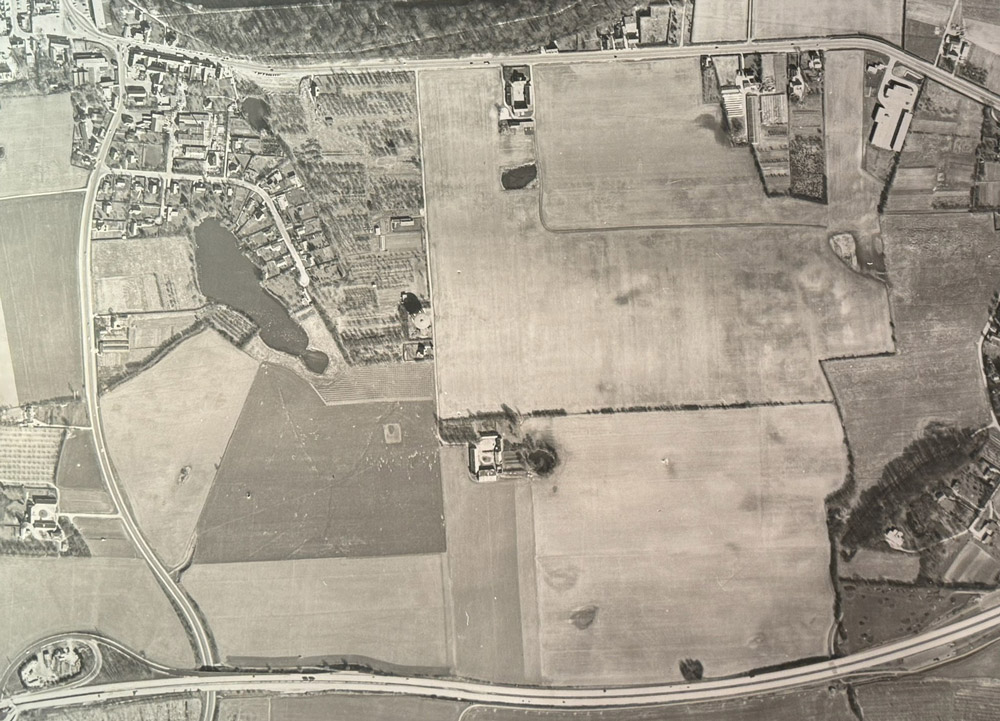
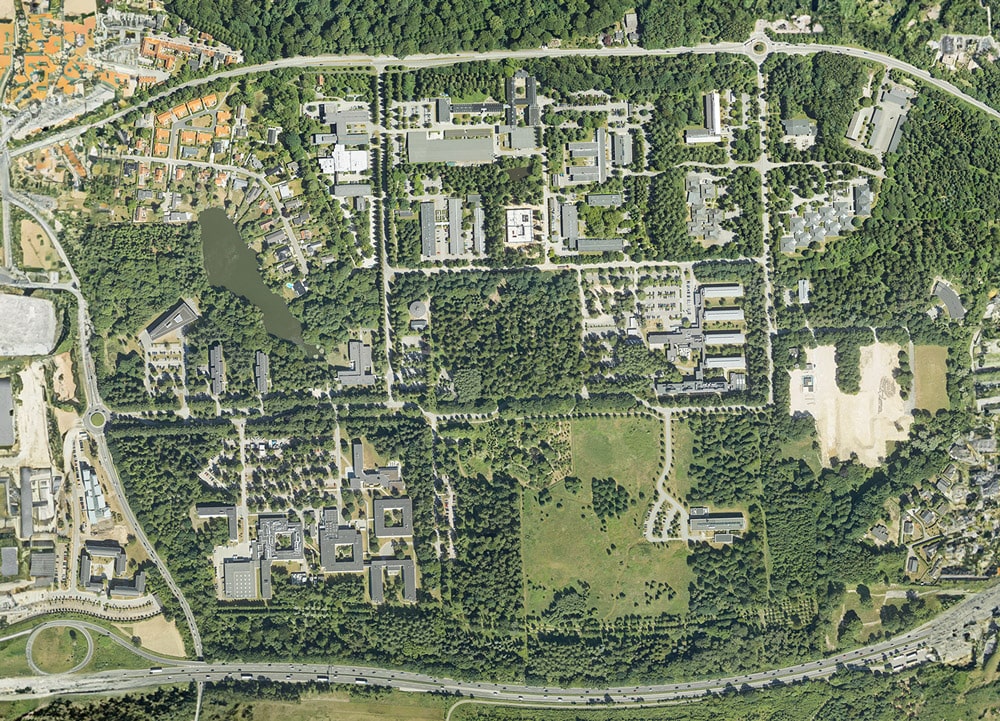
Shared services
Our shared services give you the best opportunities to develop and grow your business. Here, we handle all the practical aspects that don’t contribute to your development.
- Reception
- Cafeteria
- Technical services
- Building and green area
- Maintenance
- Meeting rooms
- Postage, printing, and copying
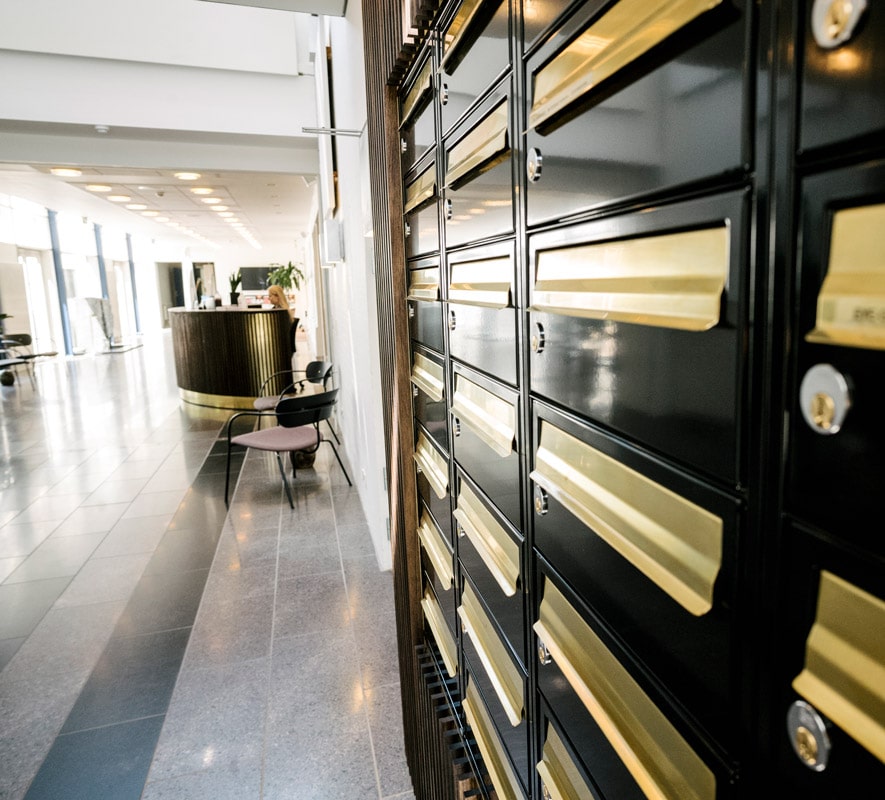
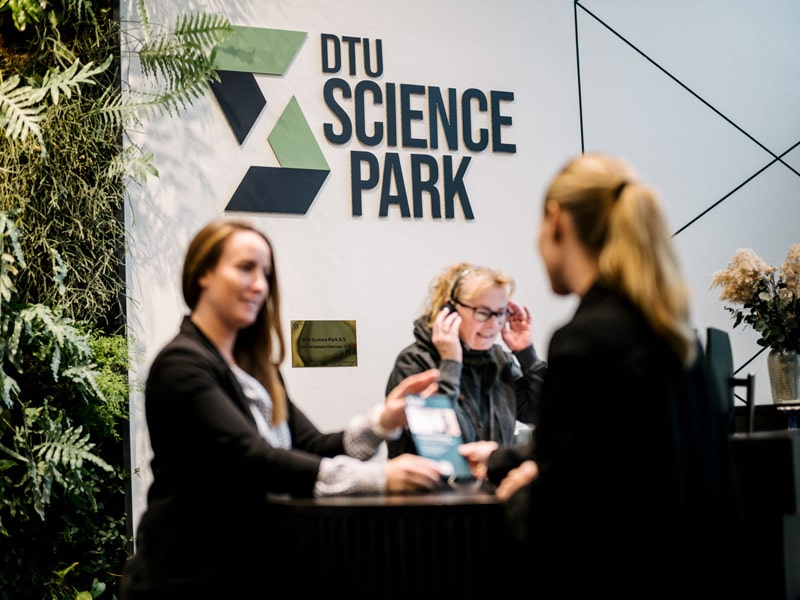
Companies in DTU Science Park
315 companies with +5,000 employees
Frequently Asked Questions
Below, we provide answers to some of the questions we frequently receive about DTU Science Park. Please get in touch with us if you don't find the answer you're looking for.
DTU Science Park is owned by DTU, but it is an independent company serving over 300 deep tech companies as customers. We have a branch in Lyngby, where we are located next to DTU on the DTU Campus.
DTU Science Park’s history began in Hørsholm in 1962 when the Science Park was founded under the name “Forskningscentret.” In 2004, the name was changed to “Scion DTU,” in 2018, it was further changed to “DTU Science Park.”
We regularly seek new and talented colleagues. Read more about who we are looking for right here.
We have branches in both Hørsholm and Lyngby. See the addresses here.
All companies working with deep tech can rent space and make it their daily workplace.
We take care of all the practical aspects and offer ambitious growth programs for development and production. Additionally, we serve as the link between you and potential investors. Here, you become part of a unique deep tech community.
What is deep-tech?
“At DTU Science Park, we are among Europe’s leaders in deep tech. Deep tech is a unique industry where the path to the market is long. It requires cost-intensive development and a complex journey to have a finished product.”
